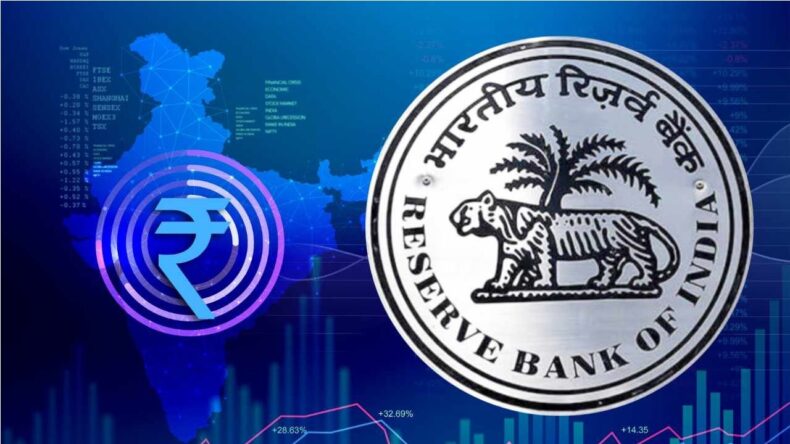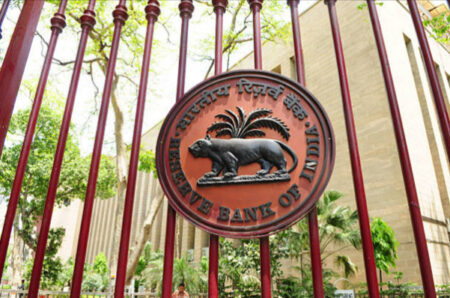The Indian stock market has always been a hotbed of activity, with investors constantly keeping an eye out for any changes in policies or announcements that could potentially impact the markets. The Reserve Bank of India (RBI) is one such institution that has a direct impact on the stock markets, particularly when it comes to interest rates.
Recently, there has been a lot of speculation regarding the RBI decision to maintain the status quo on interest rates. Some experts believe that this is the best-case scenario for Nifty bulls, while others are not so sure. Let’s take a closer look at what the D-Street mavens are saying about the RBI’s no-rate-hike mantra.

The RBI’s Monetary Policy Committee (MPC) met recently and announced that it would be keeping interest rates unchanged, despite rising inflation. The decision to maintain the status quo was largely expected by the markets, given the current economic climate.
Some experts believe that this decision is a positive for Nifty Bulls, as it means that there will be no immediate impact on the stock market. Inflation has been a major concern for investors, and a hike in interest rates would have further dampened sentiment. The fact that the RBI has chosen to maintain the status quo is seen as a positive, as it suggests that the central bank is confident in the current state of the economy.
However, not everyone is convinced that this is the best-case scenario for Nifty bulls. Some experts believe that the RBI’s decision to maintain the status quo could lead to a further rise in inflation, which could eventually impact the stock markets negatively.
According to D-Street mavens, the RBI’s no-rate-hike mantra is a double-edged sword. On the one hand, it provides stability and reassurance to investors, which could help to boost market sentiment. On the other hand, it could lead to complacency, which could eventually lead to a market correction.
One of the key concerns for investors is the impact of inflation on the stock markets. Rising inflation can lead to a rise in interest rates, which can negatively impact the stock markets. However, the RBI’s decision to maintain the status quo suggests that the central bank believes that inflation is under control and that there is no immediate need for a rate hike.
Some experts believe that the RBI’s decision to maintain the status quo is a signal that the central bank is willing to tolerate higher inflation for longer, to support economic growth. This could be seen as a positive for Nifty bulls, as it suggests that the central bank is willing to take a more accommodative stance in the short term.

However, others are not so sure. They believe that the RBI’s decision to maintain the status quo could eventually lead to a rise in inflation, which could negatively impact the stock markets. Inflation has been a major concern for investors, and if the central bank is unable to control it, then it could lead to a correction in the markets.
Despite the differing opinions on the RBI’s decision, one thing is clear: investors need to remain vigilant and keep a close eye on any developments that could impact the markets. The stock markets are inherently volatile, and any changes in policies or announcements can have a significant impact on investor sentiment.
The RBI’s decision to maintain the status quo on interest rates has been met with mixed reactions from D-Street mavens. While some believe that it is a positive for Nifty bulls, others are not so sure. What is clear, however, is that investors need to remain vigilant and keep a close eye on any developments that could impact the markets. The Indian stock market is a dynamic and ever-changing entity, and investors need to be prepared to adapt to changing circumstances.













